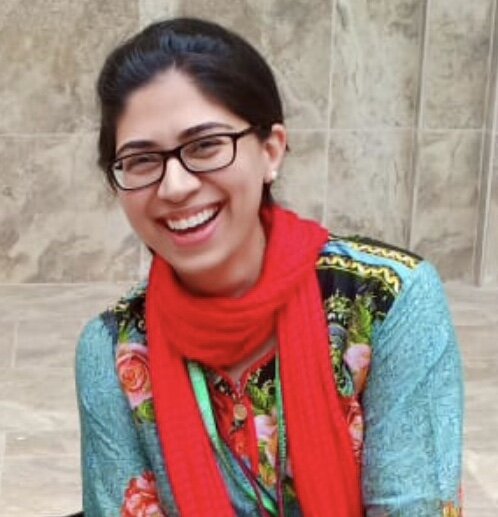Forging the Ideal Educated Girl: The Production of Desirable Subjects in Muslim South Asia (Oakland, CA: University of California Press, 2018)
By Shenila Khoja-Moolji
Tracing the discursive genealogy of ‘the educated Muslim girl’ in the context of colonial India and postcolonial Pakistan, the author, a self-described “genealogist who has commitments to transnational feminist and postcolonial theories,” looks at the evolving and competing ways in which girl/woman have been developed and imbricated in the projects of European colonialism, partition, decolonization, nationalism, religious (re)formation, and social and cultural moral formation, class politics and (im)mobility. The volume serves as a model for contemporary historical studies insofar as it draws on a vast array of primary sources from the region including novels, newspapers, and cultural objects such as print advertisements (the Pakistan International Airways posters are particularly interesting) and television, as well as focus groups and interviews, to show the ways that concepts circulate, float and attach themselves to bodies and persons, and particularly, gendered subjects. The sections of the book that address the various and competing forms of Islamic reform philosophies and programs that evince an interest in education for girls/women, including those articulated by Aga Khan III, are instructive. They are part of the new turn in Islamic studies that focuses on intra-Muslim debates as agentive in shaping Muslim discourse and practice rather than the West vs Islam paradigm that has dominated scholarly studies about Islam and Muslim societies for more than half a century.
Khoja-Moolji also draws our attention to the multiple voices of Muslim women writers who while emmeshed in the social and cultural milieu, pushed back and resisted what was desired for them without them and instituted through legal, political and social regimes. In this regard, the author also makes us think of religion—in this case Islam— not just as a series of norms and practices, but as a powerful and multi-faceted cultural force that is continuously being shaped from within and without and that labours to shape the female and male subject. While each chapter in the book is fascinating in its own right, the fourth chapter entitled “The Empowered Girl” is particularly compelling. It takes a critical look at recent international (Western) development discourse in which the “educated Muslim girl” is posterized in stark contrast to and a victim of the “Muslim male terrorist” and “Muslim patriarchal cultures.” The brilliance and strength of this book is its ability to trace the manner in which the Muslim girl/woman has been formulated through the vicissitudes of time, but this is also one of its weakness. That is, the author’s introduction of new archival materials and analysis in each chapter leaves us wanting to unfold further the ways in which particular moments of reconfiguration of girl/woman were felt and reverberated in various locales and neighboring regions and explore the after-lives of these discourses. For example, one could imagine a single monograph on the impacts of “Women’s Magazines in Urdu,” and another on “Islamic reformist discourses on women’s education,” both of which are discussed in Chapter 2. Notwithstanding, through this excellent book, Khoja-Moolji has herself forged a new high standard and a path for historiographical studies of the making of the Muslim subject.
Shenila Khoja-Moolji is Assistant Professor of Gender, Sexuality, and Women’s Studies at Bowdoin College. She is an interdisciplinary scholar working at the intersections of feminist theory, cultural studies, and Islamic studies. Her research interests include, Muslim girlhood(s), masculinities and sovereignty, and Ismaili Muslim women's history. She investigates these topics empirically in relation to Muslims in Pakistan, the United States, and Canada. Dr. Khoja-Moolji is the author of the award-winning book, Forging the Ideal Educated Girl: The Production of Desirable Subjects in Muslim South Asia (2018) and her latest publication, Sovereign Attachments: Masculinity, Muslimness, and Affective Politics in Pakistan, was published in June 2021.

